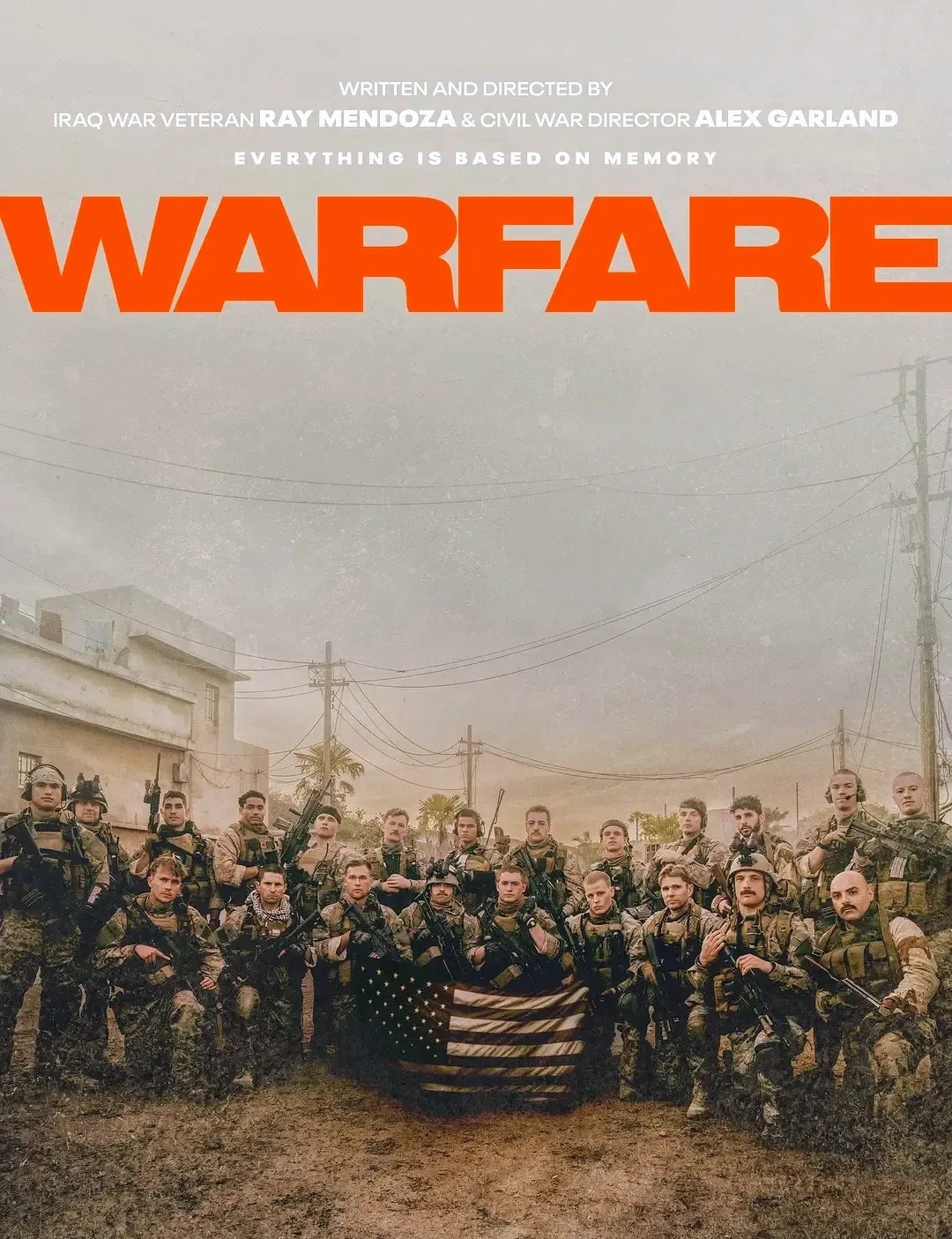
The production of War itself is a faithful reenactment of modern warfare. Co-directed by Alex Garland and Ray Mendoza, the film is infused with a dual identity: Garland, known for his cerebral sci-fi works like Annihilation and Ex Machina, brings a stark, introspective lens that probes the complexities of human nature; Mendoza, a former U.S. Navy SEAL and Silver Star recipient who served in the Iraq War, ensures the film’s tactical precision and battlefield atmosphere are grounded in authentic military experience.A Navy SEAL team is ordered to establish an outpost in Iraq. During a surveillance mission, they are suddenly surrounded by a massive enemy force. Outnumbered and under heavy artillery fire, they have no choice but to hold the line and wait for reinforcements and armored vehicles to arrive.
But with their comrades critically wounded, supplies and equipment running low, and the enemy closing in from all sides...
In such a dire and seemingly hopeless situation, even if they fight side by side — can they all make it out alive?
The film is based on the real-life experiences of former Navy SEAL Ray Mendoza during the Iraq War
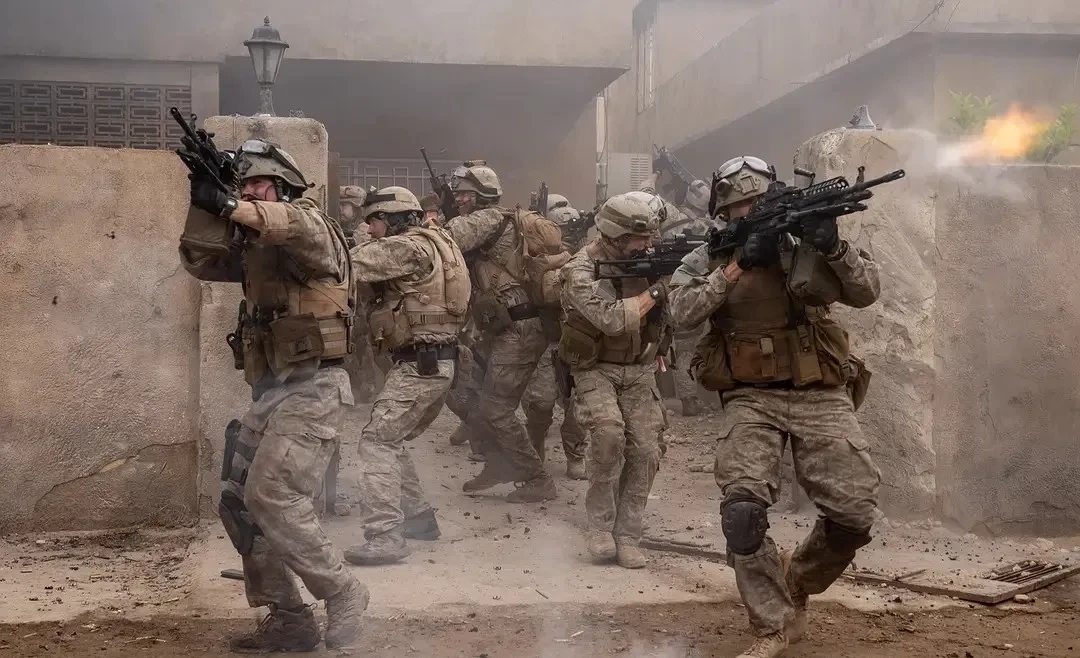
Their collaboration is not just a clash between art and combat experience — it’s a profound exploration of the very nature of war.
The film draws direct inspiration from Mendoza’s firsthand experience during the Battle of Ramadi in 2006.
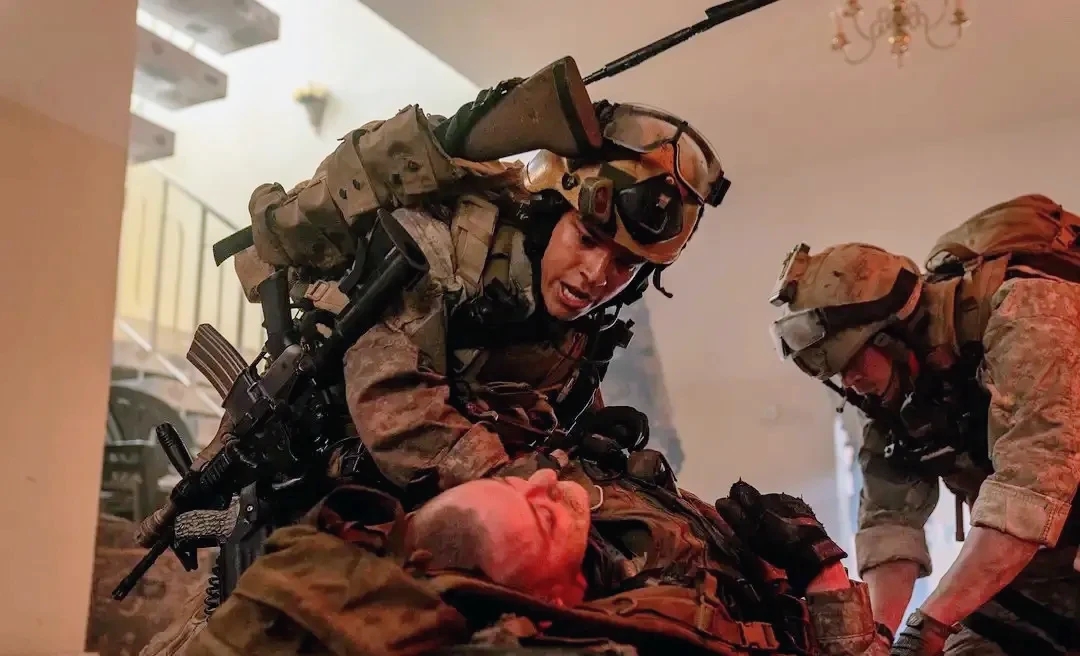
This battle was one of the fiercest in the Iraq War and marked the first time Navy SEALs suffered casualties on the battlefield in Iraq.
After retiring from service, Mendoza founded a military consulting firm called The War Office, dedicated to providing professional military guidance to Hollywood productions.
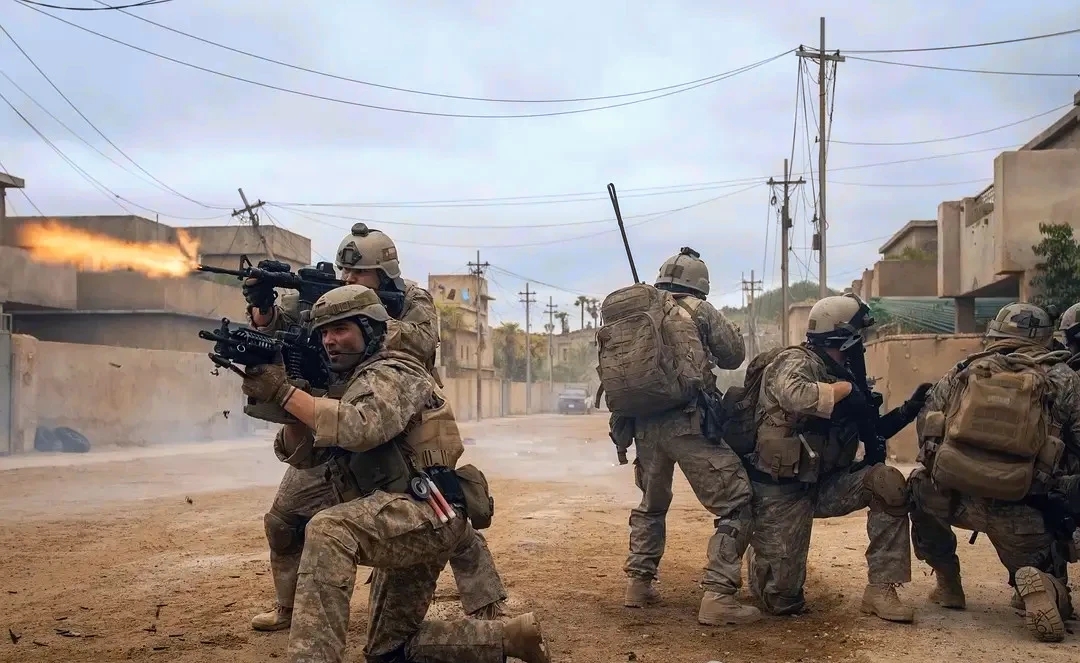
The production team’s attention to detail bordered on obsessive. The actors underwent several months of military training, including weapons handling, tactical movement, and psychological conditioning. Mendoza even required the actors to remain in character throughout the shoot to simulate the authentic reactions of soldiers under extreme pressure.
The film’s setting also meticulously recreates the environment of the Iraqi battlefield: a war-torn residential building serves as the primary narrative space, with narrow hallways, crumbling walls, and dim lighting combining to create a suffocating sense of claustrophobic tension.
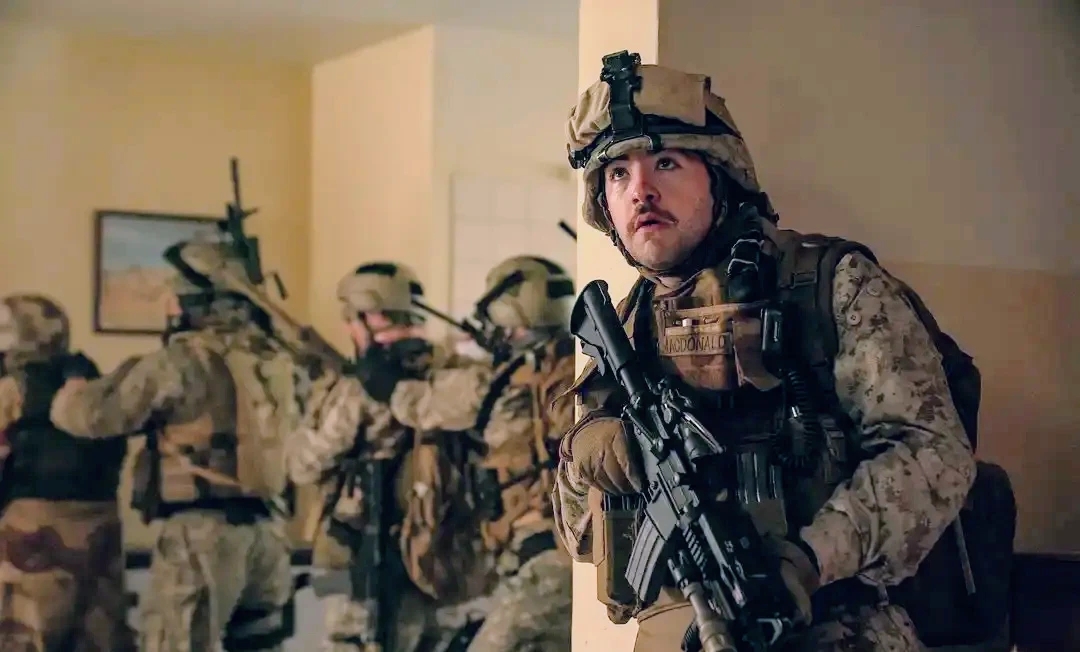
This enclosed setting is not only a simulation of the physical environment but also a metaphor for the soldiers’ psychological state.
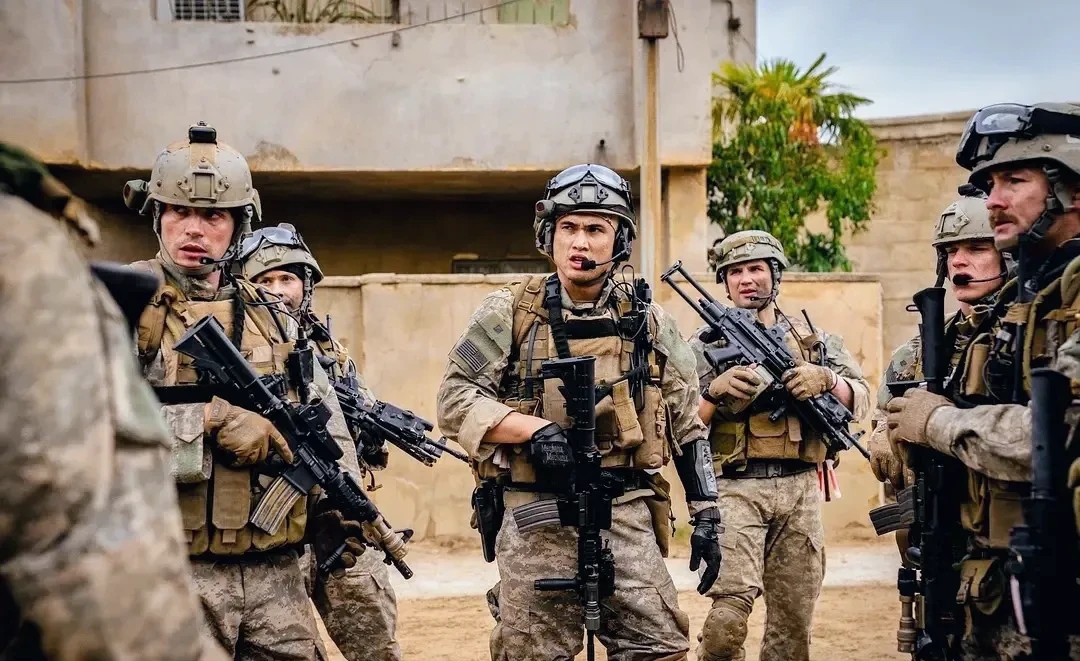
It’s worth noting that the film’s production company, A24, continues its signature stylized approach. From Everything Everywhere All At Once to Past Lives, A24 has a distinct talent for infusing genre films with profound humanistic depth.
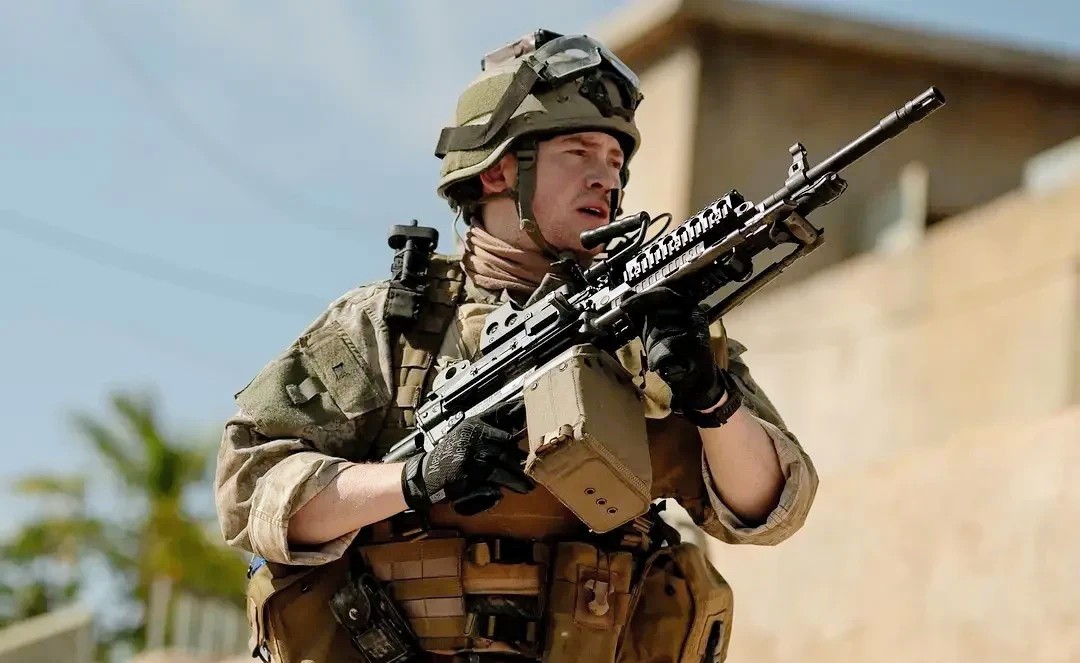
While War is framed as a war film, its core focuses on the struggle of human nature under extreme conditions. Garland’s script abandons the traditional heroic narrative of war movies, instead conveying the weight of fear and responsibility through the soldiers’ dialogue, glances, and silences.
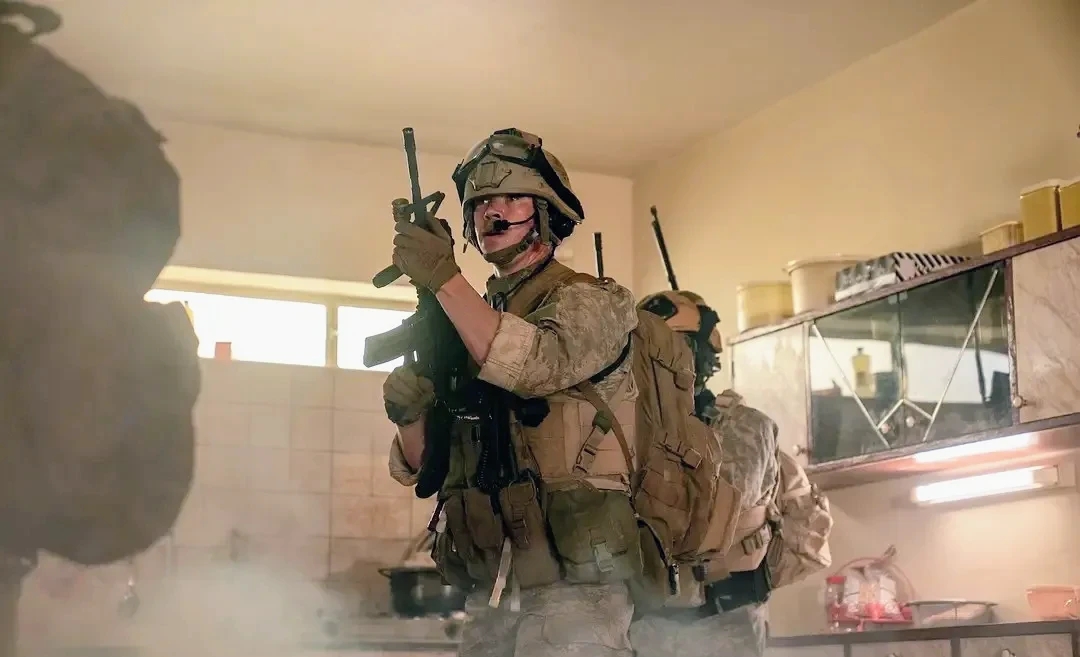
War unfolds like a relentless survival game with no room to breathe. A Navy SEAL team is assigned to set up an outpost in a village in Iraq to carry out a surveillance mission. However, the operation quickly spirals into disaster: they are surrounded by enemy forces and trapped inside a residential building. Reinforcements are nowhere in sight, ammunition and medical supplies are running dangerously low, and the Iraqi civilians inside the house are openly hostile toward the uninvited soldiers.
The film’s central conflict unfolds from this point— the soldiers must not only fend off external artillery fire but also confront a growing crisis of trust within.
The narrative moves at a tight, relentless pace, unfolding almost in real time as it follows the team’s descent from ambush into desperation.
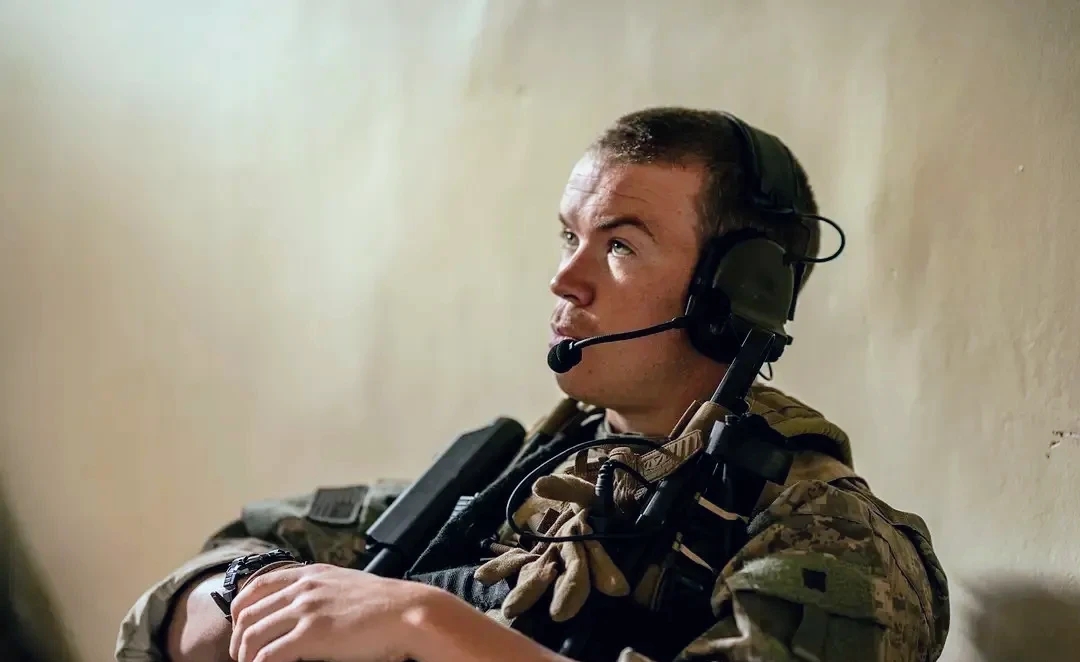
The director uses handheld camerawork and tight close-ups to make the audience feel as though they are right in the midst of the gunfire and chaos.
The film’s ending doesn’t follow the typical Hollywood rescue arc but instead concludes with a somber dose of realism. This choice directly echoes the real-life Battle of Ramadi—where in 2006, the first Navy SEAL to be killed in Iraq, Marc Alan Lee, lost his life in a similarly harrowing situation.
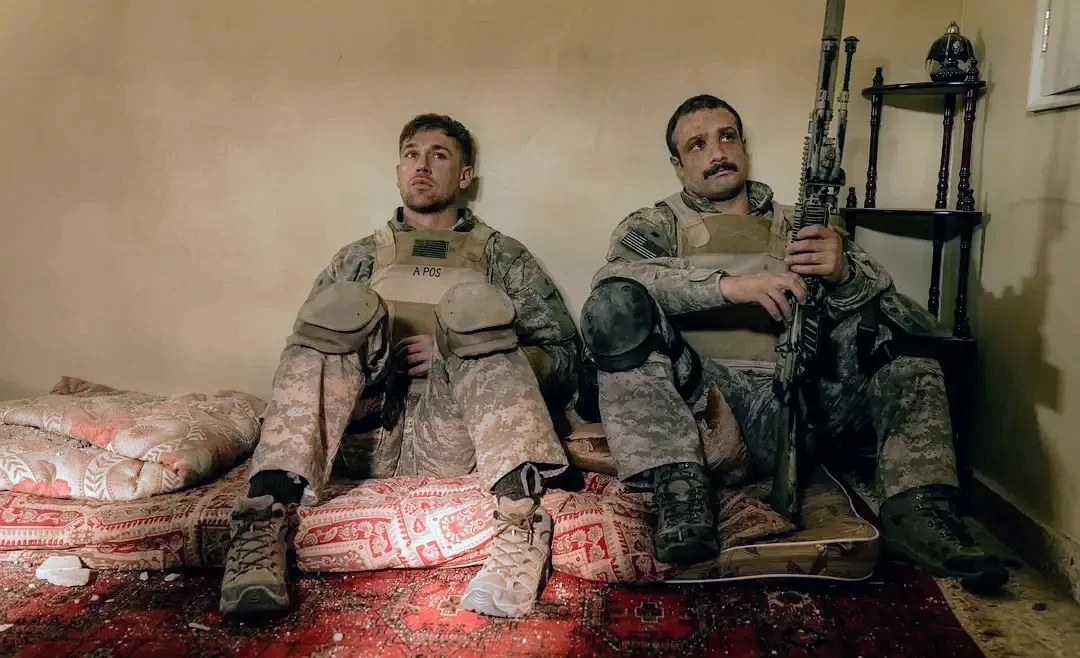
By blurring the line between survivors and the fallen, the director questions the true cost of war: when duty conflicts with morality, does a soldier’s “victory” still hold any meaning?
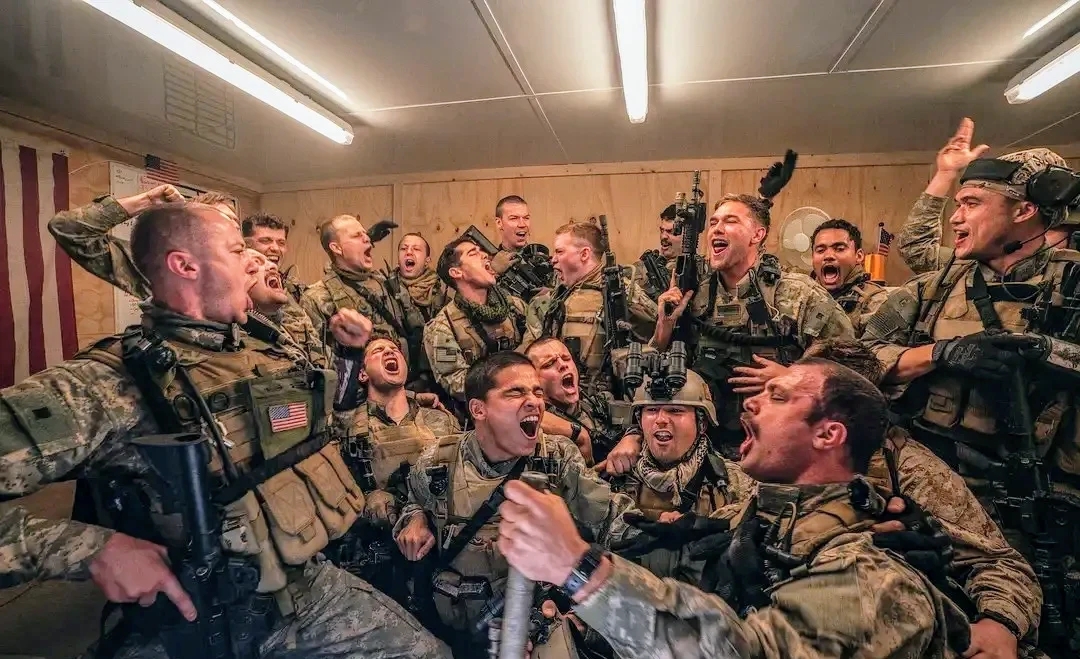
During the Iraq War, from 2003 to 2021, 4,497 Americans were killed and 47,541 were wounded or fell ill; meanwhile, an estimated 209,000 Iraqi civilians died as a result of war and violent conflict.
